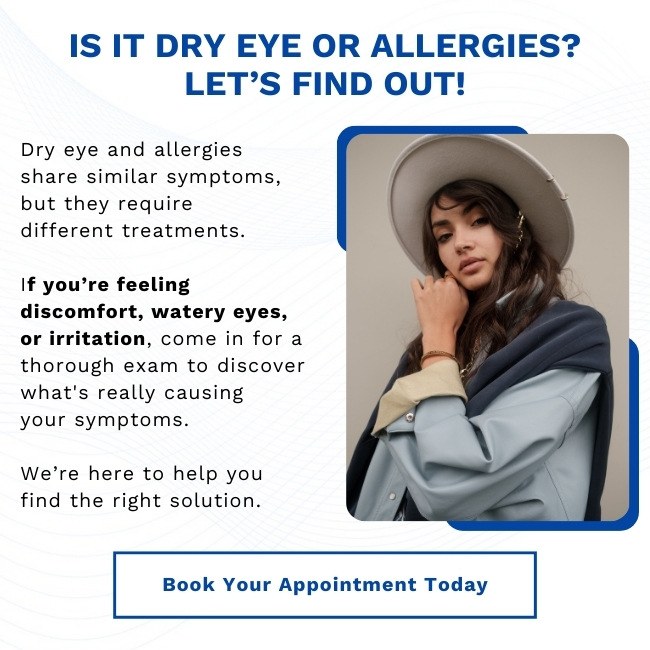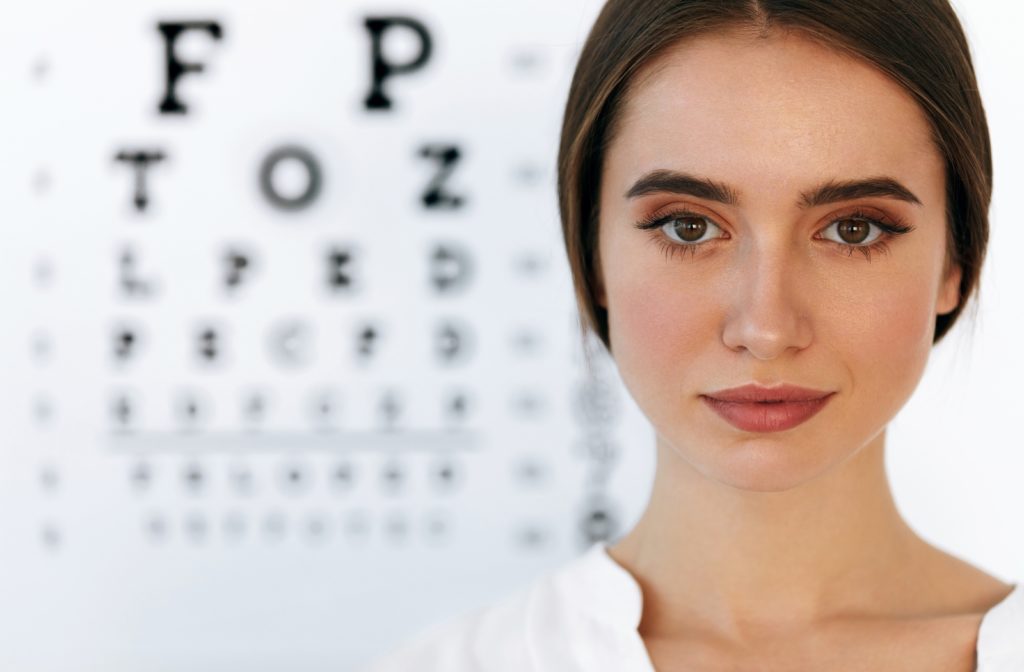Enhancing Vision with Glasses
Humans have been using frames and lenses to correct or enhance vision for centuries. The earliest known spectacles date back to the early 1300s. However, glasses have come a long way, with modern lenses capable of improving a range of vision problems.
Only 35% of adults have 20/20 vision without glasses. Yet, 75% of adults can achieve 20/20 vision with corrective lenses. Accurate prescription lenses can improve vision, but what happens when you don’t wear your lenses? For the 75% of people benefiting from spectacles, can their eyesight get worse without glasses?
Avoiding Your Lenses
You might be avoiding your lenses because you haven’t had the chance to replace broken glasses. Or maybe the prescription is expired. Not having functional frames or accurate lenses can get in the way of wearing glasses. But there are also some reasons people avoid perfectly functional eyewear.
For example, you may not have given your eyes enough time to adjust to a new prescription. Feeling comfortable with prescription lenses can take a few days to 2 weeks.
Additionally, there is a misconception that wearing prescription glasses can weaken your eyes. However, improving your vision isn’t like lifting weights at the gym. Forcing your eyes to work harder doesn’t increase the strength of eye muscles. Wearing your lenses doesn’t increase your dependence on glasses.
Instead, when your eyes work harder, it can cause uncomfortable symptoms, including eye strain and fatigue. In some cases, you might begin to favor one eye. For example, if one eye is weaker, your brain is trained to use the stronger eye. Over time, the weaker eye gets worse, leading to eye conditions like amblyopia (lazy eye).
Refractive errors, including myopia (nearsightedness), hyperopia (farsightedness), astigmatism, and presbyopia, are caused by the shape of your eyeball or eye structures. Unfortunately, you can’t train your eyes to improve shape or structure.
Vision therapy exercises can improve some vision skills, such as eye coordination. However, vision training can’t cure refractive errors, so it’s crucial to wear appropriate prescription lenses.
Prescription Glasses & Eye Health
Wearing your prescription glasses can help you see clearer, but what happens to your vision and eye health when you stop wearing glasses? You can stop wearing your glasses or contact lenses for many eye conditions without risking your eye health. You may experience uncomfortable symptoms, but it won’t damage your eyes.
For example, when patients with hyperopia stop wearing their glasses, they won’t see close distances clearly. Other symptoms can include:
- Aching or burning eyes
- Eye strain
- Fatigue or headaches
- Irritability after prolonged close-work
The symptoms can be uncomfortable and cause difficulties when concentrating on tasks. Generally, wearing glasses with an accurate prescription can provide fast relief.
However, some conditions can risk worsening eyesight without glasses, such as high myopia.

What Is High Myopia?
Myopia affects over 30% of the US population today. However, health experts predict that more than 50% of the world will have myopia by 2050. Myopia can range from mild to severe, with more risks associated with severe or high myopia.
High myopia or pathologic myopia can worsen as the eye continues to grow. Myopia control uses tools to slow progression, including bifocal or multifocal eyeglasses. Unfortunately, when a patient with myopia stops wearing their glasses, it can impede efforts to slow myopic development.
Degenerative or high myopia increases eye health risks. The condition can lead to severe eye and vision problems, such as:
Similarly, patients may be prescribed glasses to help with amblyopia (lazy eye) or strabismus (crossed eyes). Completing treatment by wearing your glasses as prescribed is essential to protecting your sight and eye health.
Wrong Glasses Prescription
Wearing an accurate prescription can benefit your vision and eye health. But what happens if you’re wearing the wrong glasses prescription? In most cases, wearing the wrong glasses won’t harm your eyes long-term. In addition, patients with stabilized vision won’t experience vision changes due to wearing an outdated prescription.
However, the wrong prescription can also cause symptoms. In adults, a prescription that is too weak or too strong can cause:
- Blurry vision
- Eyestrain
- Fatigue
- Headaches or migraines
For children with refractive errors, wearing the wrong glasses can lead to worsening eyesight. Therefore, keeping your child’s prescription up-to-date by following the recommended frequency for comprehensive eye exams is crucial. For example, school-aged children (6–17) should have annual eye exams.
The risk can be more significant for children under age 9, as they are still developing their visual skills. Wearing an accurate glasses prescription can support their vision, improve eye positioning, or help strengthen a weaker eye.
Update Your Glasses
There are many benefits to wearing an accurate glasses prescription. Of course, you don’t need to wear your glasses 24/7, but wearing your lenses as prescribed can improve your vision and protect your eye health.
Glasses are available with fashionable frames so you can look your best while seeing your best. However, if glasses aren’t the right fit, talk to your optometrist about a contact lens fitting. Your eye care team can work with you to find an appropriate eyewear solution for your vision and lifestyle needs.
Book an appointment with an Amarillo optometrist at Eye Care Plus today!




